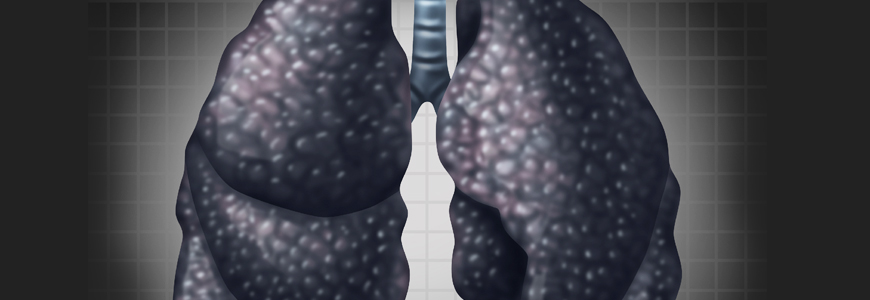The Duke Lung Transplant Center has emerged as a national destination for patients seeking second and third double-lung transplants, sometimes after being turned down by another center. As of November 30, 2020, the team has performed a third double-lung transplant for eight patients—the highest total in the nation.
Duke’s position as the leading center for third procedures highlights the program’s growing recognition as a destination for patients seeking repeat transplants. The nation’s second busiest lung transplant program by volume, Duke has performed 2,139 lung transplants through early November 2020, according to the Organ Procurement and Transplantation Network. The total increases monthly.
During 2020, 121 transplants have been performed as of Nov. 6, and the highest total in the nation so far in the calendar year. The program offers one of the shortest median wait times for transplant in the United States—15 days compared to the national average of 45. While second reoperations are more common, multiple transplants remain rare nationally. Duke has completed 76 re-transplants.
“Because of our expertise in second and third procedure transplants as well as multi-organ procedures, we believe we can continue to help more and more patients who face challenging diagnoses,” says John C. Haney, MD, surgical director of Duke Lung Transplant Program.
Accepting challenging cases requires a rigorous assessment of each patient’s condition and long-term outlook, says John H. Reynolds, MD, medical director of the program. “A lot of thought goes into reviewing each of these cases,” says Reynolds. “We begin by asking why the previous transplants failed. Is there anything we can do differently? We want to identify factors that may lead to a better outcome.”
ECMO expertise
Duke’s long-term experience with extracorporeal membrane oxygenation (ECMO) as a bridge to transplant helped make the program a referral center for complex cases. A rigorous presurgical rehabilitation program complements the team’s procedural expertise and helps patients prepare for the surgery and recovery more quickly.
Another significant factor in Duke’s growth as a provider of second and third transplants is the community of patients-turned-advocates who share recommendations using social media platforms. “Patients have become aware of this aspect of our transplant program and they come here because they want the option reviewed by a team that is willing to identify new approaches or solutions,” Haney says.
Several patients with cystic fibrosis who have received third double-lung transplants at Duke have received extensive media coverage, which extends their influence to help other patients consider the Duke program for their procedures. “They are just great people to work with,” Haney says. “We admire their energy and their vitality.”
Re-operative surgeries remain relatively uncommon, Haney notes. “But they can have excellent outcomes despite their complexity,” he adds. “We are willing to undertake challenges that other programs won’t attempt. These procedures represent a minority of what we do, but we are willing to work with this special group of patients.”

